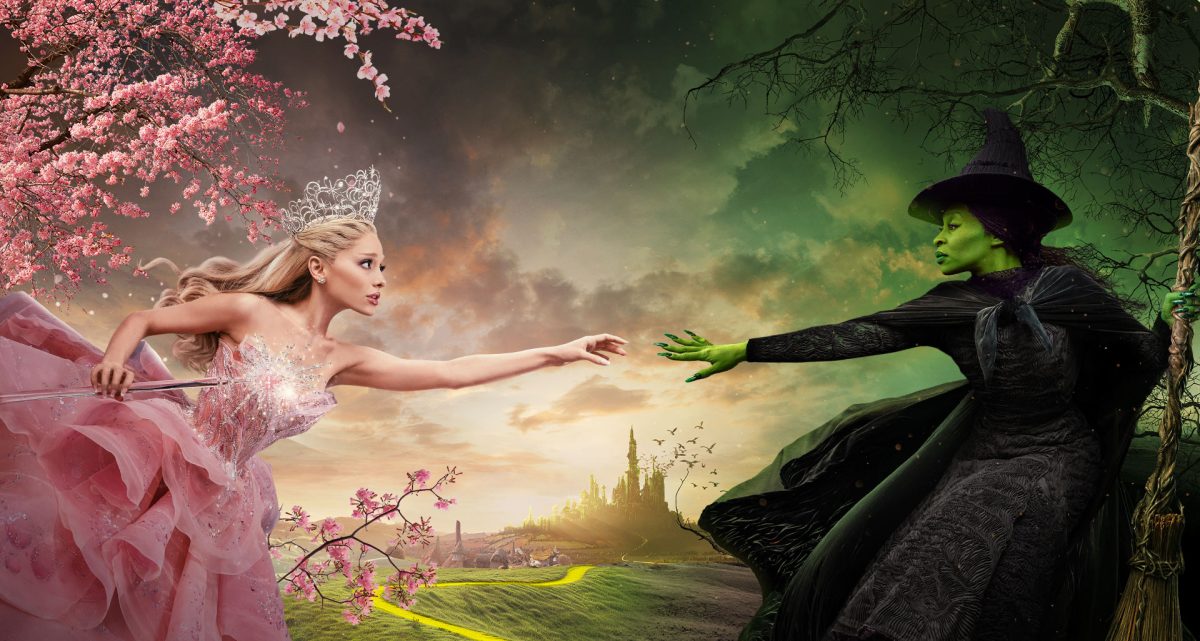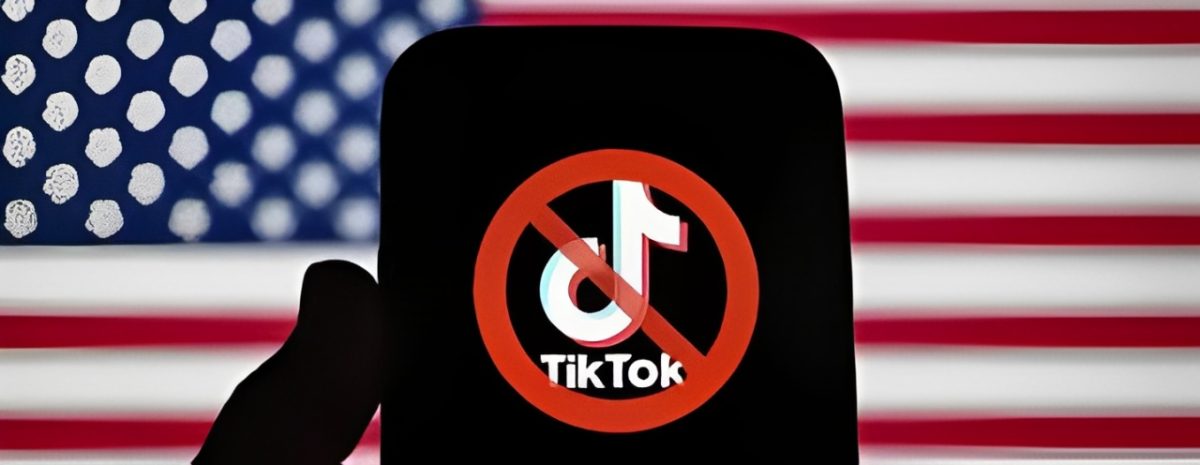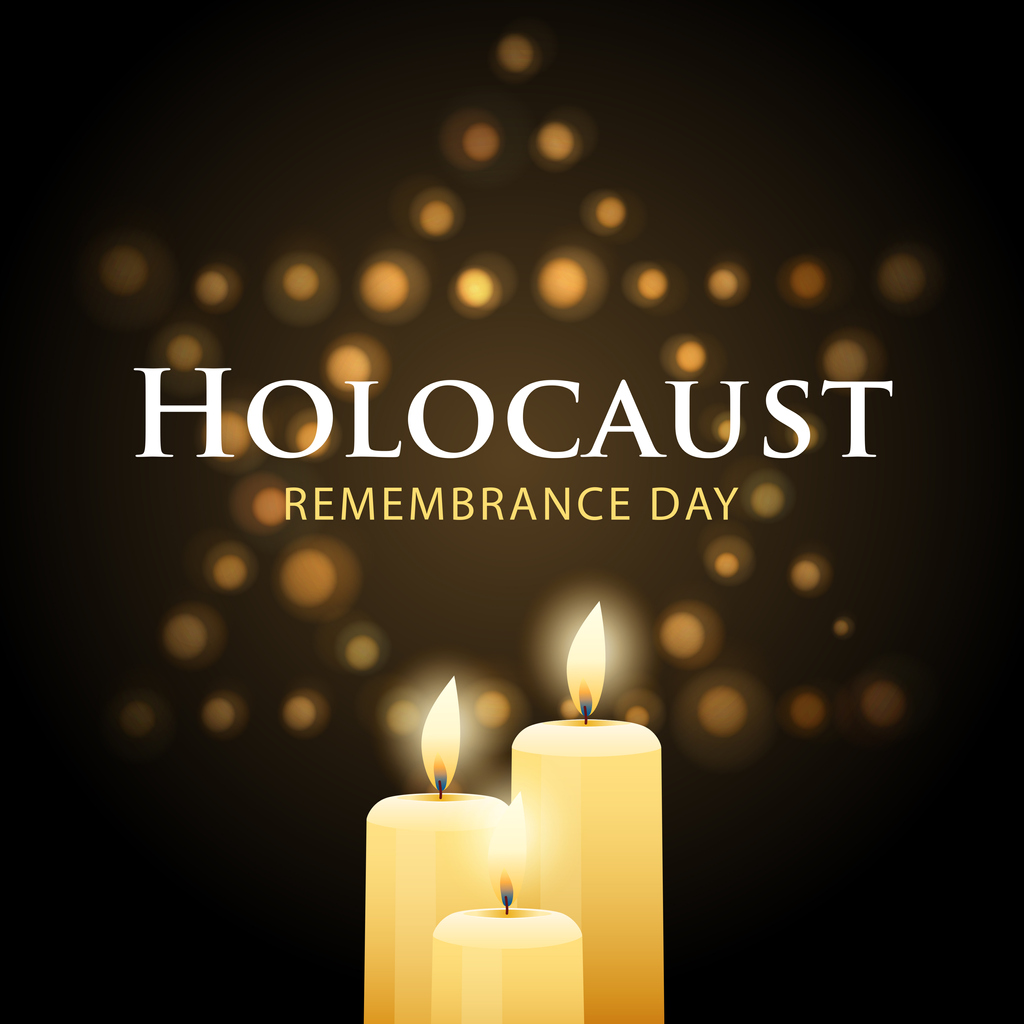80 years ago, one of the worst tragedies in human history occurred. During World War II, Nazi Germany ordered the murders of over 6 million innocent European Jews. That was about 2 out of every 3 Jews living in Europe at the time. It was a horrible act of hatred that scarred generations of Jewish families. The Germans’ reasons for their actions were based on antisemitism, an ideology that focuses on the hatred of Jews. This month, we are able to take time to remember the Holocaust, and how its effects have lingered into today’s world.
Many services around the world were conducted on January 27, the official day of remembrance for the Holocaust, to honor the lives that were lost. Survivors of Auschwitz, a concentration camp in Southern Poland, gathered to mark the significance of the day. Concentration camps were places where hundreds, even thousands of Jews were forced to stay and work in inhumane conditions with very little access to necessities such as food. The aim of these camps was to contain and ultimately exterminate all Jewish people. Auschwitz was the most infamous of these camps, and around 1.1 million Jews were killed there.
This particular ceremony was held in Oswiecim, Poland, and was attended by dozens of people, including many world leaders, such as the king of Great Britain and the president of Ukraine. Most attendees were people who survived in Auschwitz, and were able to pass on the stories of their experiences to their children and grandchildren. This service was extra important because it marked the last ceremony that many of these Holocaust survivors would be able to attend. Taking the time to remember what happened in the past is crucial to prevent repeating these mistakes again. It’s especially necessary now, as the task of remembering the Holocaust and the lessons it’s taught us is being passed onto younger generations to continue the memory of this important time in history.













